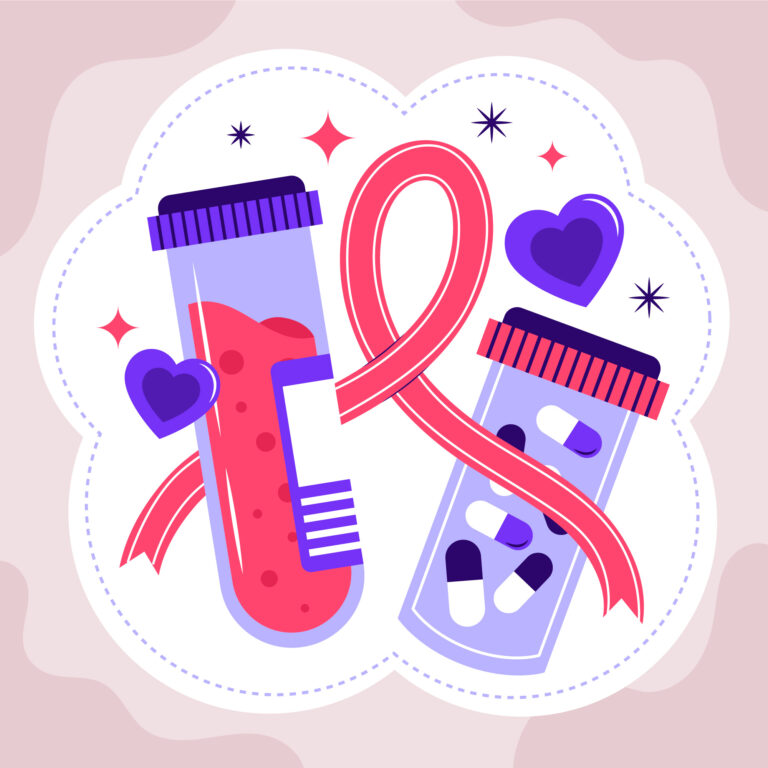An HIV test is not just a medical procedure. It is a moment of truth that can change a life, save health, and protect others. Yet in Poland and across Central and Eastern Europe, this truth often comes too late. And this is not a statistical accident, but a result of fear, stigma, and insufficient attention from both the state and society.
In Poland, the HIV situation has sharply worsened over the past two years. According to the National Institute of Public Health, in 2023 there were 2,876 new HIV cases—the highest number ever recorded. By comparison, in 2021 there were just over 1,400 cases. The increase over two years is nearly double. Particularly alarming is the growing number of people diagnosed who have lived with the virus for a long time without knowing it. In 2023 alone, 165 people were diagnosed with AIDS simultaneously with HIV detection —50% more than the previous year. At the same time, only about 10% of Poland’s adult population has ever been tested for HIV.
More than two-thirds of new cases are among men, most often aged 30 to 39. However, the proportion of women is increasing—about 21% of new diagnoses in 2023. And this issue is not unique to Poland. According to the World Health Organization (WHO) and the European Centre for Disease Prevention and Control (ECDC), in 2023 there were 113,000 new HIV diagnoses in the European region, and 52% of them were detected too late, at a stage of severe immune system weakening. In Central and Eastern European countries, this figure is even higher, especially among heterosexual men and people over 40. Approximately 17% of all people living with HIV in the region do not know their status.
Late diagnosis not only means worse prognoses but also a higher risk of mortality. Studies show that among patients diagnosed late, the death rate is 37.8%, while among those diagnosed early it is only 13.3%. But behind these numbers lies more than medicine. These are stories of fear, stigma, social isolation, and distrust of doctors.
“We see that the fear of knowing the truth is still stronger than the desire to protect oneself and loved ones,” says AnnaAriabinska, Director of Fundacja HelpNowHUB. “Our project ‘We Are Different – We Are Equal!’ creates a safe space for those who fear judgment. We say: a test is not a sentence. It is a chance at life.”
The project “We Are Different – We Are Equal!”, implemented by Fundacja HelpNowHUB with the support of the AIDS Healthcare Foundation and AHF Poland, is aimed at supporting people in vulnerable situations: migrants, people with disabilities, and members of the LGBTQ+ community. The project team organizes free and anonymous HIV, hepatitis C, and syphilis testing in Polish cities—from Warsaw and Białystok to Bydgoszcz. In addition to medical services, the project provides psychological, legal, and social support, teaches how to access treatment, and helps overcome barriers in healthcare.
A detailed schedule is available by phone: +48 786 640 460 or +48 575 023 612
or via the social media of Fundacja HelpNow HUB.AnnaAriabinska emphasizes: “Equality is not a slogan. It is our daily work. We fight so that everyone can take a test calmly, without fear, without shame. One test can save a life—and often does!

